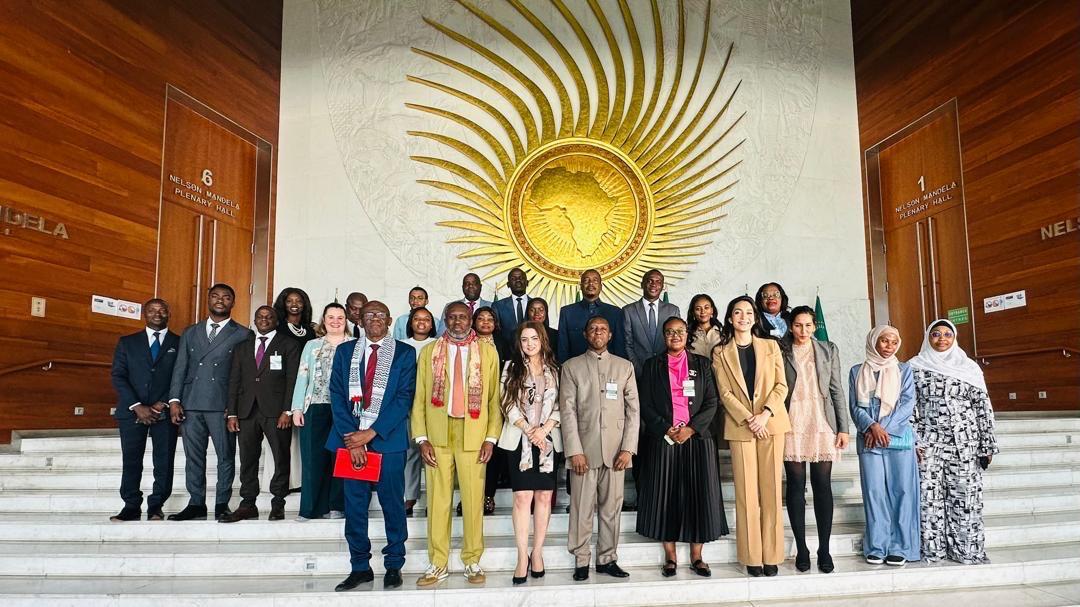Department Resources
February 10, 2017
A. ESTABLISHMENT
February 08, 2017
The AUCIL Members current composition is as follows:
December 17, 2015
September 19, 2020
The African Union Commission (AUC) envisions “an integrated continent that is politically united based on the ideals of Pan Africanism an
June 24, 2020
Highlights of the cooperation with the GIZ-project “Support to the African Union on Migration and Displacement”
June 24, 2020
Violent extremism is a global issue.
October 22, 2026
November 05, 2025
February 10, 2022
Agenda 2063 is Africa’s development blueprint to achieve inclusive and sustainable socio-economic development over a 50-year period.
November 05, 2025
WE, the Heads of State and Government of the African Union Member States (Full List of Attending Heads of State and Government), gathered
November 01, 2025
November 01, 2025


